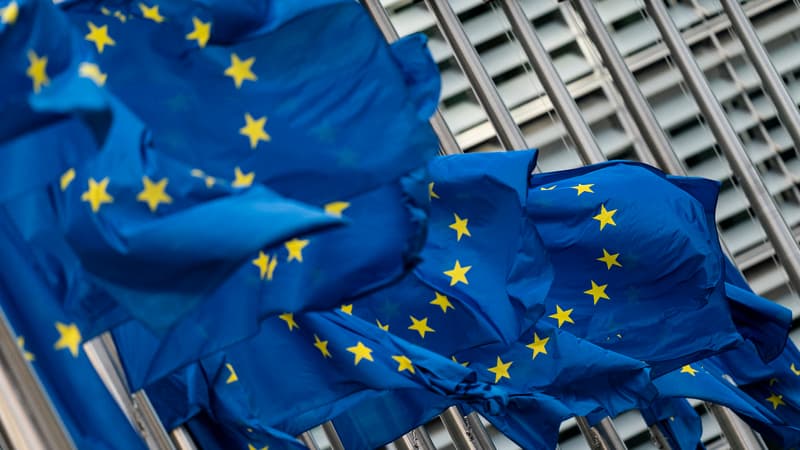After two years of record profits, European companies, preparing to publish their second quarter results, are facing the test of the economic slowdown. “The results (at the end of July) will be worse than in the second quarter of last year, we expect a drop in both turnover and profit,” said Alexandre Baradez, an analyst at brokerage firm IG France.
The atmosphere was still festive at the end of the first quarter, “companies then showed a pleasant start to the year,” he stresses. The data then helped boost companies: the first signs of economic recovery were appearing in China, energy prices had fallen to a large extent and the growth of the euro zone economies was revised upwards. Stocks then followed, the pan-European Stoxx 600 index, for example, having gained more than 8% since January 1, despite efforts by central banks to slow the economy to reduce inflation.
consumption is falling
It is therefore a rather encouraging picture that served as the basis for the projections of the companies -the “guidelines” in the financial jargon- at the beginning of the year. However, throughout the second quarter, analysts lowered earnings-per-share expectations as the sky darkened on the macroeconomic front.
At the end of the first half of the year, growth in China resumed more slowly than expected and supportive measures are still expected from the Chinese government. Inflation is slowing in Europe and the United States, but if we exclude energy prices, it persists, prompting central banks to keep monetary tightening for longer than expected. In addition, consumption has been running out in general in Europe since the beginning of the year.
A sign of this weakening, “companies have put pressure on prices less in recent months, which shows that the consumer can no longer continue,” explains Alexandre Baradez. It is true that the labor market remains solid and “the consumer is not exhausted either, but the fat cow period is no longer possible,” adds the IG France analyst.
The biggest falls in the energy sector
At the time of the semi-annual accounts, some sectors should do better than others, services better than industry, for example. In the Stoxx 600 European stock index, where cumulative corporate profits are down 6% for the full year excluding financials, the biggest falls are expected in the energy sector. In this last area, the fall promises to be severe. “In the American market, analysts estimate that the (energy) sector will mark a drop of 47-48% and we will have the same dynamics in Europe,” according to Alexandre Baradez, although this sector represents “between 4 and 5% of the ‘European index’.
But beyond the simple results to come, “one wonders how the companies will be projected for the rest of the year,” adds the analyst. Throughout the year, Oliver Collin forecasts, “gains in Europe will range from breakeven to slightly down,” with the 2023 crop not expected to outperform the 2022 crop.
Source: BFM TV


